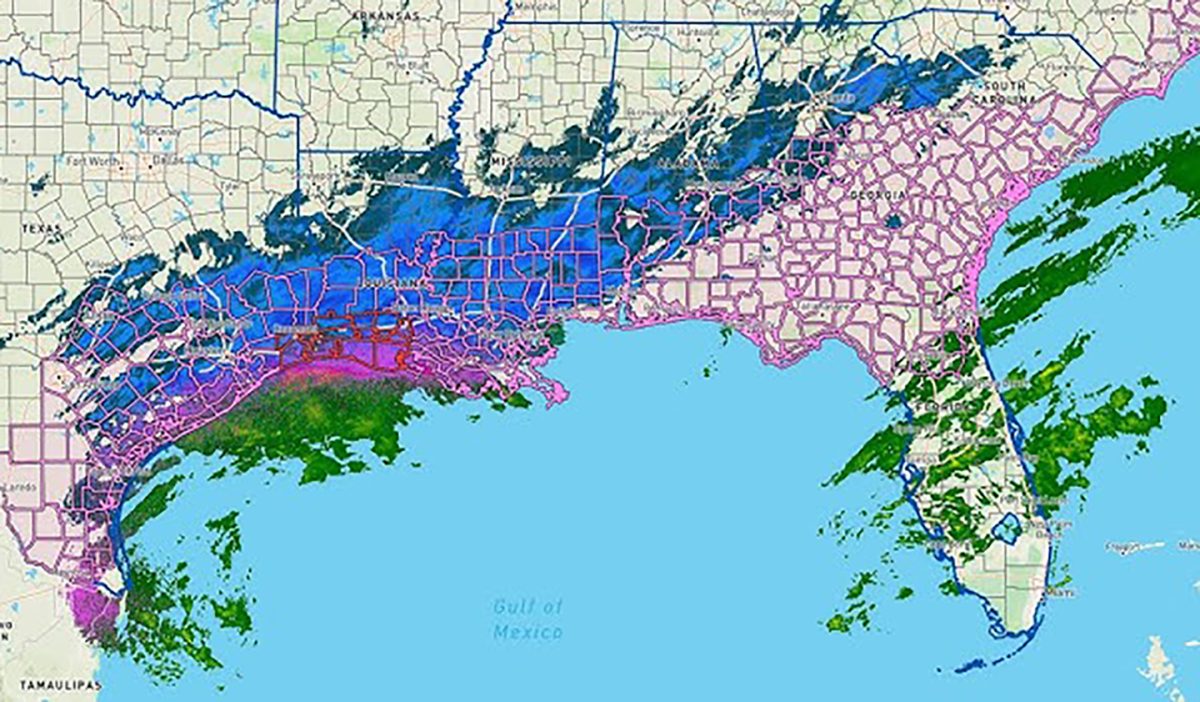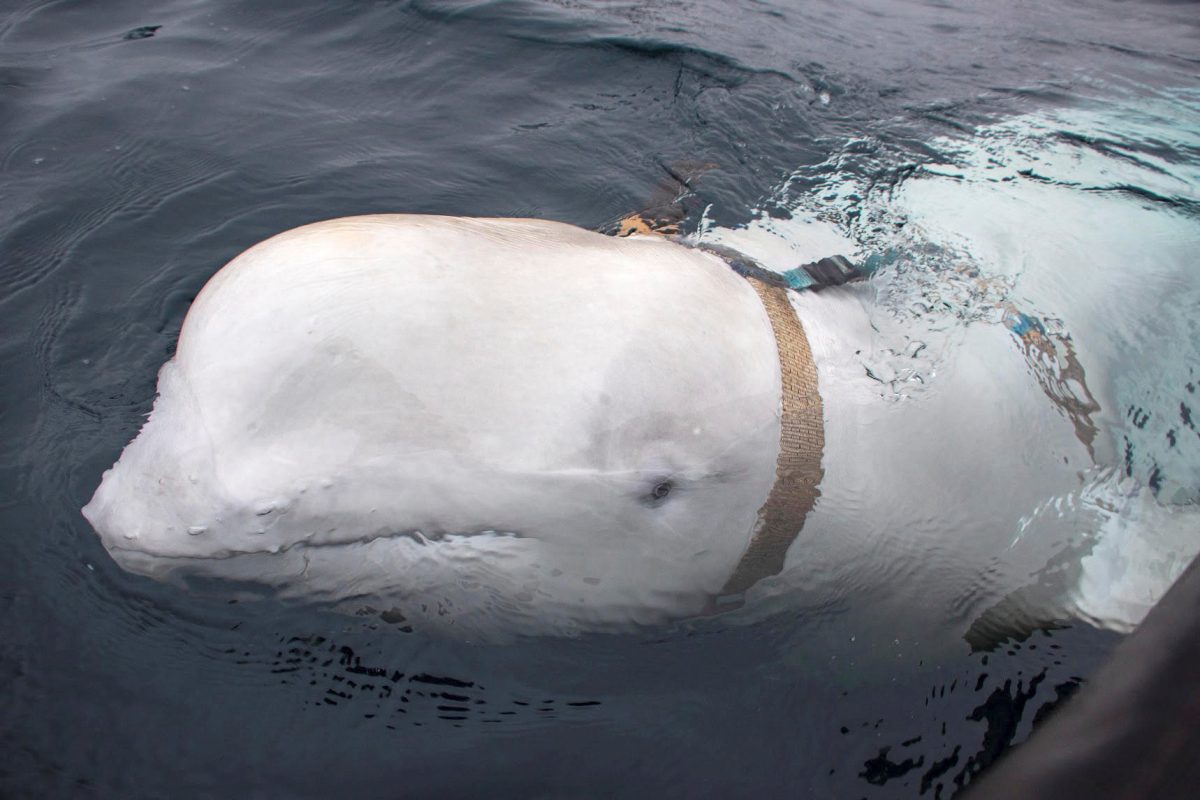Last week, scientists discovered a healthy group of Tasmanian Devils, untouched by Devil Facial Tumour Disease (DFTD), the cancer causing disease that has forced the marsupials to the brink of extension, in south-west Tasmania. This is a major breakthrough in the mission to save the species from extinction.
Scientists found a total of 14 Tasmanian Devils while they were on a conservation expedition in Tasmania, an island state located south of Australia’s coast. While on the expedition, the scientists spent eight days surveying the wilderness across Wreck Bay and Nye Bay, searching for devils to trap and test. The 14 devils they trapped, ranged in age from 18 months, to five years, and they were all in good condition. After taking tissue samples, they studied the genetics of the healthy devils and compared them to those of the infected population. They found that all 14 of the devils were completely disease free. Overall the results show that the small population, was healthy.
The population of wild Tasmanian Devils has decreased by 80 percent since DFTD was first discovered back in 1996. It was thought that the disease was spread by cancer cells passed on from the bites of an infected devil. The cancer causes tumors on the face of the devils, destroying their jaw bones and covering their eyes. According to scientists, it usually takes six months for an infected devil to die. Scientists think that the isolation of the new population, along with foraging along the coastline is what helped these devils survive.
The search expedition was funded by a crowdfunding campaign, and is also a collaboration between the Save the Tasmanian Devil program, the University of Sydney Faculty of Science, University of Sydney and Toledo Zoo. They say that monitoring the population in the future will give a better indication of its size. They also said that in the future, human cancer drugs could possibly be used to assist the conservation effort. This means that if they catch more disease free Tasmanian Devils on future trips, it will allow them to act fast if any signs of DFTD appear.








